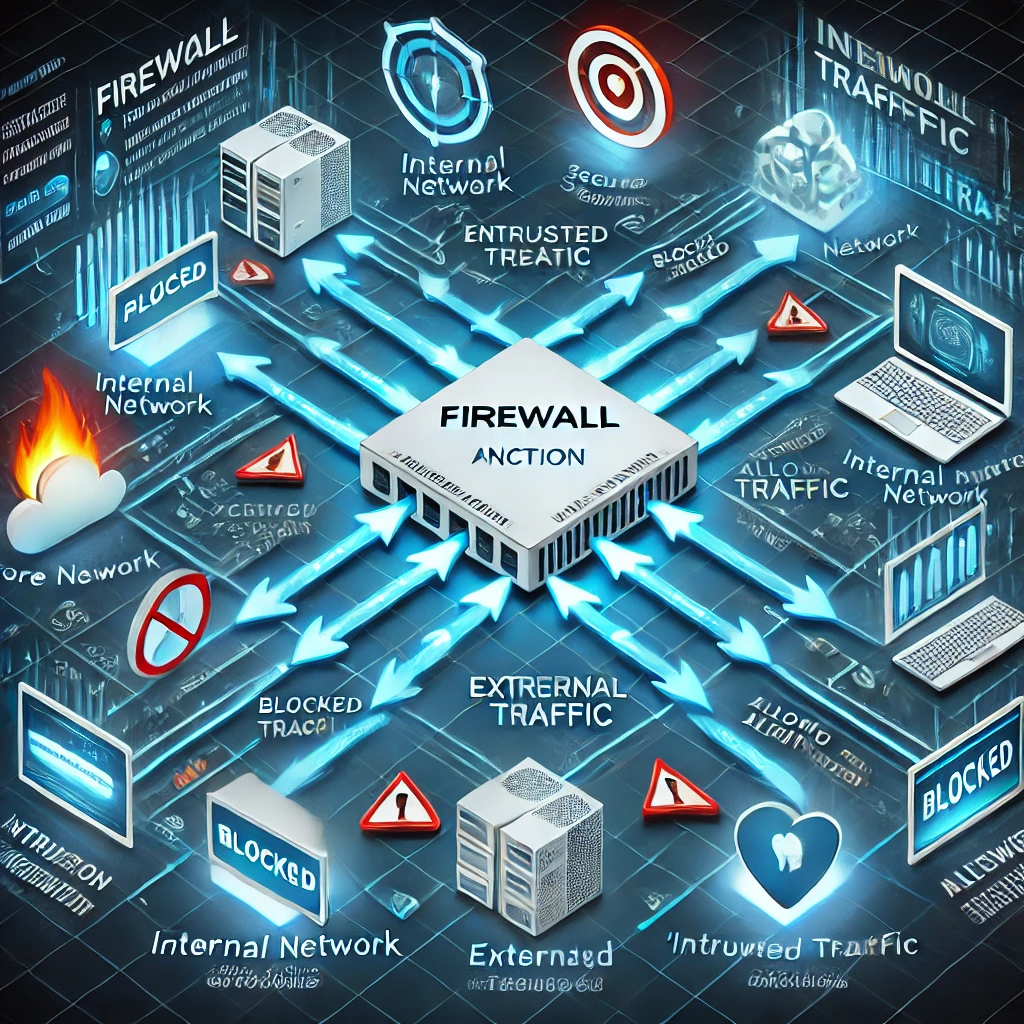In today’s digital age, cybersecurity has become a global priority as cyberattacks grow in frequency, complexity, and scale. More than just threats to individuals or companies, cyberattacks can now cripple entire nations. Cyberwarfare—the use of digital attacks by nation-states to disrupt or damage the digital infrastructure of other countries—has emerged as the new frontier of conflict. Understanding the evolving landscape of cyberwarfare and the importance of cybersecurity is crucial for individuals, businesses, and governments alike.
📌 What is Cyberwarfare?
Cyberwarfare refers to state-sponsored cyberattacks aimed at disrupting, damaging, or controlling another nation’s digital infrastructure. Unlike conventional warfare, cyberwar is fought in cyberspace with targets such as:
- Government and military networks
- Critical infrastructure (power grids, water systems, hospitals)
- Financial institutions
- Media and communication systems
Key Goals of Cyberwarfare:
- Espionage: Stealing sensitive data or intellectual property
- Sabotage: Disrupting essential services or systems
- Propaganda: Spreading disinformation to destabilize societies
- Economic Disruption: Attacking financial institutions and markets
🚀 Notable Examples of Cyberwarfare
1️⃣ Stuxnet (2010)
A sophisticated cyberweapon allegedly created by the U.S. and Israel to disrupt Iran’s nuclear program. Stuxnet targeted industrial control systems and set a precedent for cyber-physical attacks.
2️⃣ Ukraine Power Grid Attack (2015-2016)
A series of cyberattacks caused massive blackouts in Ukraine, targeting power companies’ control systems. It’s widely considered one of the first successful attacks on a nation’s critical infrastructure.
3️⃣ SolarWinds Attack (2020)
A supply chain attack attributed to a state-sponsored group that compromised numerous U.S. government agencies and private companies, demonstrating the risks of large-scale espionage.
🌐 The Growing Threat Landscape
Cyberwarfare isn’t limited to high-profile attacks on governments; it’s expanding to various sectors, including:
- Healthcare: Hospitals have become targets of ransomware attacks, putting lives at risk.
- Financial Services: Cyberattacks on banks can disrupt economies and destabilize global markets.
- Energy and Utilities: Power grids, water systems, and oil pipelines are increasingly vulnerable.
🛡️ Cybersecurity as the First Line of Defense
In the face of growing threats, cybersecurity is essential to protect national security, businesses, and individuals. Here are some strategies to strengthen cybersecurity:
1️⃣ Zero Trust Architecture (ZTA)
Assume that no device, user, or system is trusted by default. Continuous verification is essential for maintaining security.
2️⃣ Cyber Threat Intelligence (CTI)
Monitoring and analyzing cyber threats in real time helps organizations stay ahead of potential attacks.
3️⃣ Incident Response and Recovery
Developing a robust incident response plan ensures quick containment and recovery from attacks.
4️⃣ Public-Private Partnerships
Governments and private sector companies must collaborate to strengthen national cybersecurity efforts. Initiatives like information-sharing platforms can help mitigate cyber risks.
🎯 The Rise of Cyber Deterrence
Countries are investing heavily in cyber deterrence—the ability to prevent cyberattacks through retaliation or showing strength. The goal is to make the potential cost of launching an attack too high for adversaries to bear. However, the lack of clear international rules governing cyberwarfare complicates matters.
Challenges of Cyber Deterrence:
- Attribution: Identifying the attacker is often difficult and time-consuming.
- Lack of global consensus: There’s no universal agreement on what constitutes an act of war in cyberspace.
- Escalation risk: Retaliation can lead to a dangerous cycle of escalation.
📈 Preparing for the Future of Cyber Conflict
As the lines between cybercrime, cyberterrorism, and cyberwarfare blur, organizations and nations must take a proactive approach:
- Invest in cybersecurity infrastructure and talent development.
- Focus on cyber resilience to minimize the impact of successful attacks.
- Promote international cooperation to establish global norms for cybersecurity and cyberwarfare.
🎉 Final Thoughts
Cyberwarfare is the new frontier of conflict, with the potential to disrupt economies, destabilize governments, and endanger lives. While the battlefield may be digital, the consequences are very real. Strengthening cybersecurity and developing effective defense strategies will be key to ensuring global stability in the years ahead.
Want to stay updated on the latest in cybersecurity and cyberwar? Follow Packet-Switched.com for expert insights, trends, and best practices! 🚀




*Cybersecurity and Cyberwar: The New Battlefield* provides a comprehensive exploration of the complex and evolving world of cyber threats, cyber warfare, and digital security. With insightful analysis and real-world examples, the book highlights the critical importance of cybersecurity in today’s interconnected world. It emphasizes the necessity for governments, organizations, and individuals to stay vigilant and proactive in defending against cyber threats. As cyber warfare continues to reshape global security, this book serves as an essential guide for understanding the challenges and strategies needed to navigate the digital battlefield.
*Cybersecurity and Cyberwar: The New Battlefield* provides a comprehensive and insightful exploration of the evolving digital threats that shape our modern world. By examining the complexities of cybersecurity, cyberwarfare, and their global implications, the book highlights the urgent need for awareness, policy development, and strategic defense measures. It serves as a crucial resource for anyone seeking to understand the challenges and opportunities in this rapidly changing landscape, emphasizing that cybersecurity is no longer just a technical issue but a fundamental aspect of national and global security.
*Cybersecurity and Cyberwar: The New Battlefield* provides a comprehensive look at the evolving threats in the digital age, highlighting the growing importance of cybersecurity in national security, business, and everyday life. Through insightful analysis and real-world examples, the book illustrates the complexities of cyberwarfare and the need for global cooperation to address emerging threats. Ultimately, it serves as an essential guide for policymakers, professionals, and citizens seeking to understand and navigate the challenges of the modern cyber landscape.
*Cybersecurity and Cyberwar: The New Battlefield* provides a comprehensive exploration of the evolving digital threats that shape modern security and warfare. By examining the intersection of technology, politics, and global conflict, the book highlights the growing importance of cybersecurity in national defense, business, and everyday life. Through clear analysis and real-world examples, it emphasizes the urgent need for governments, organizations, and individuals to take proactive measures against cyber threats. Ultimately, the book serves as a valuable resource for understanding the complexities of cybersecurity and the challenges of navigating this ever-changing digital battlefield.
*Cybersecurity and Cyberwar: The New Battlefield* offers a comprehensive and accessible exploration of the evolving digital threats that shape global security. By examining the intersection of technology, politics, and warfare, the book highlights the critical importance of cybersecurity in modern society. It provides valuable insights for policymakers, businesses, and individuals, emphasizing the need for proactive strategies and international cooperation to mitigate cyber risks. Ultimately, it serves as a vital resource for understanding the complexities of cyber conflict and the future of digital security.